The third meeting of the Sustainability Community of Practice (COP) was held on 25 August 2025 at the Airbus Seletar Campus, organised by JTC and AAIS. The event drew more than 80 participants overseeing sustainability, facilities, and QEHS from aerospace companies, large and small. Building on the momentum of the 2nd COP in February, this session focused on actionable strategies for waste and resources management.
The programme began with a warm welcome from Lim Aiting, Group Director, Advanced Manufacturing at JTC, and Paul Coignec, Head of HR APAC at Airbus, who shared about the possibilities of circularity and resource-sharing within the Seletar community, as well as areas being explored by Airbus.
Dr Jonathan Low of A*STAR then introduced the Green Compass™, a framework developed by the Singapore Institute of Manufacturing Technology (SIMTech) to help firms assess their sustainability, prioritise areas for action, and plan for continuous improvement. He also touched on how industrial symbiosis and circular manufacturing can mitigate Scope 3 emissions by diversifying waste-to-resource pathways and establishing inter-supply chain resource circularity. Tan Yee Sheem from the Advanced Remanufacturing and Technology Centre (ARTC) followed with insights into research areas in sustainable remanufacturing, showing how data-driven approaches can identify hidden benefits and improve resource efficiency.
Adding a business perspective, CBRE consultants Tom Bennett and Ronita Dutta shared insights and best practices on sustainability reporting, emissions regulations, and evolving expectations for businesses navigating the global regulatory landscape. They highlighted updated regulatory reporting requirements in Singapore, which will progressively cover SGX-listed, STI-listed, and large non-listed companies over the next 7 years. Such firms shall be required to report on Scope 1 and 2 emissions, as well as selected Scope 3 categories, underscoring the need for businesses to strengthen their reporting capabilities and readiness, particularly carbon emissions.
An engaging Q&A session moderated by AAIS Chief Executive Sia Kheng Yok allowed participants to further explore practical applications and challenges, highlighting the importance of collaboration and collective action.
The COP once again proved to be a valuable platform, underscoring the community’s commitment to advancing sustainability. We thank all our speakers and participants for the robust exchange and unyielding support.

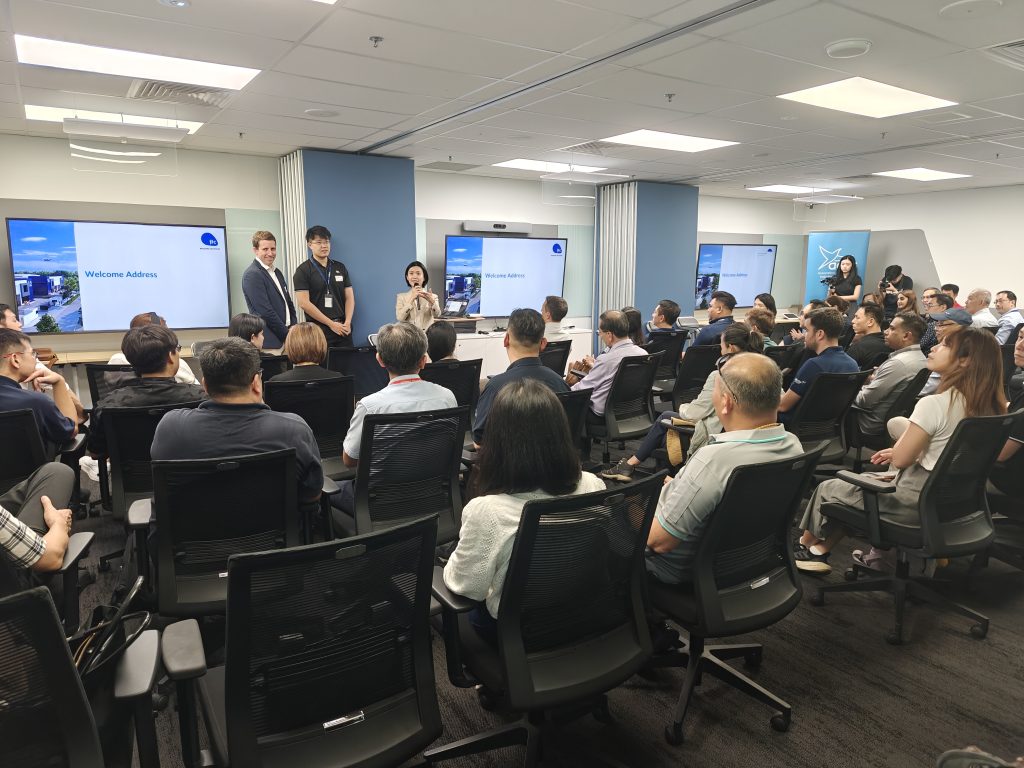
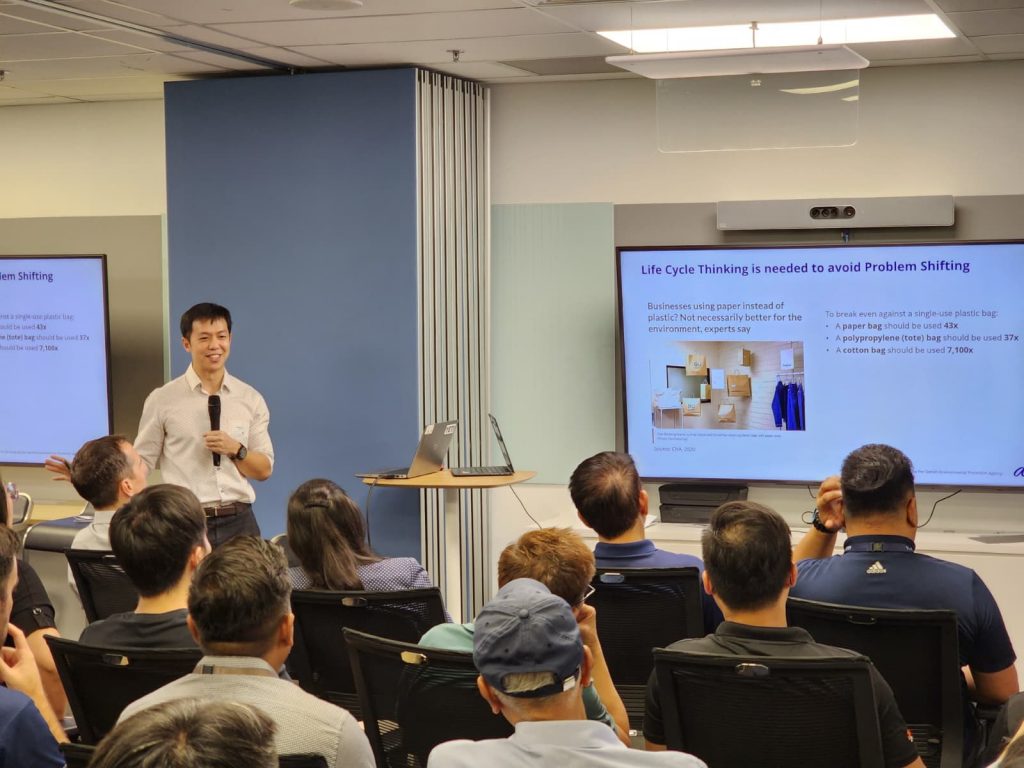
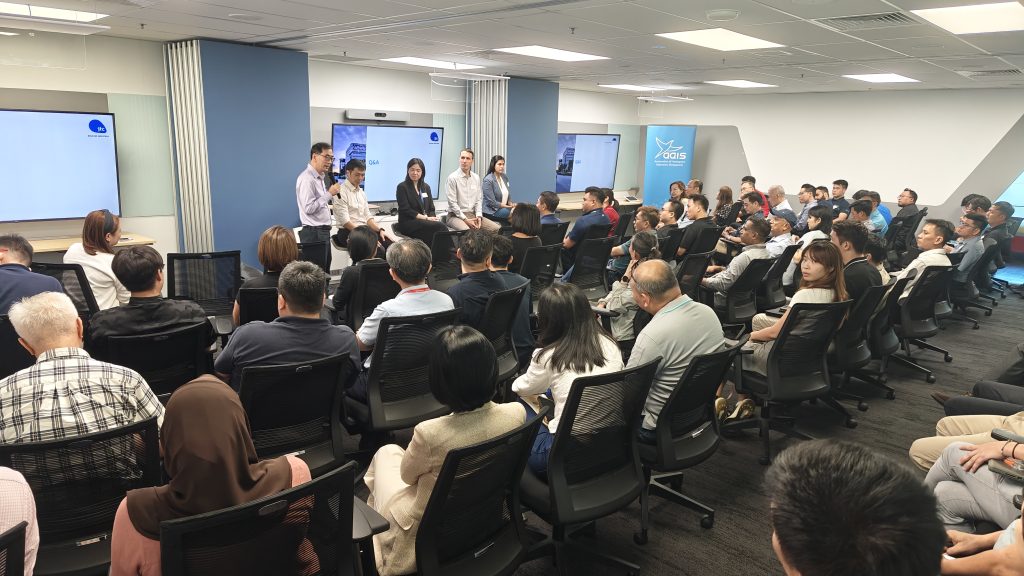
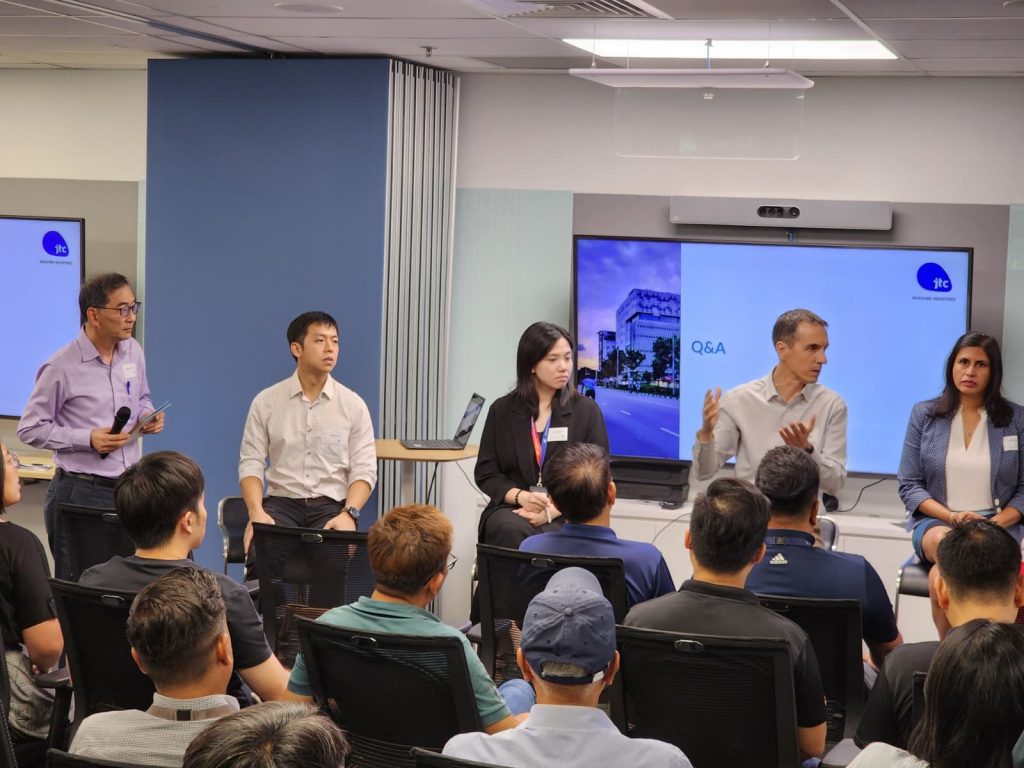
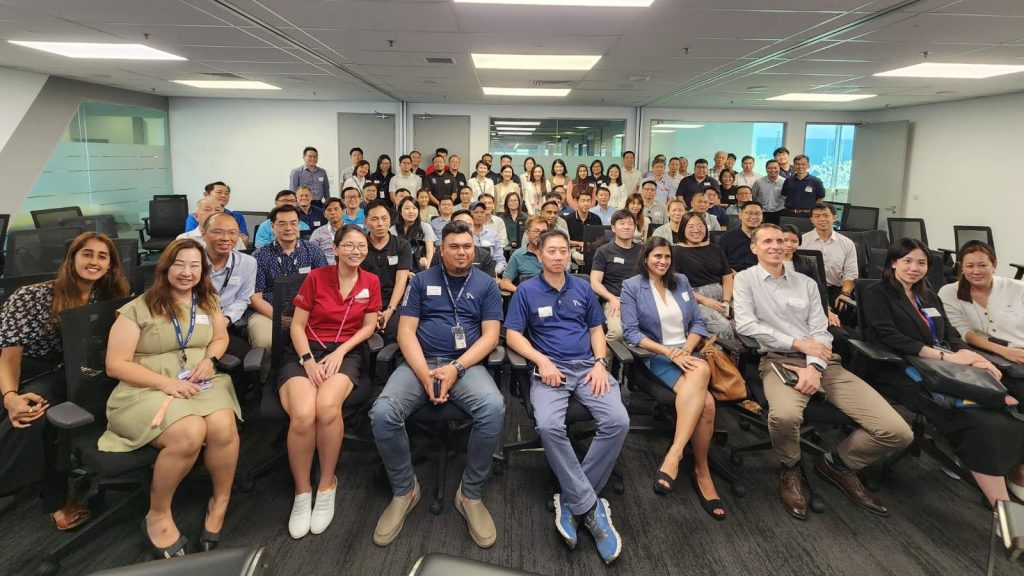
Recent Comments